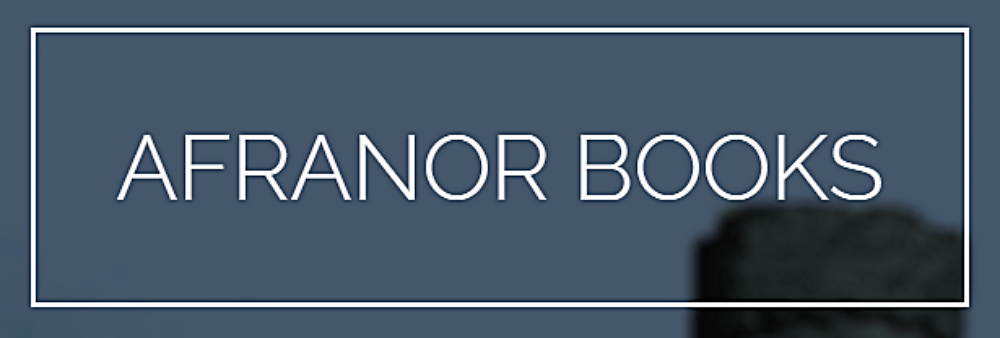One source of additional information might be the interview I did with myself on my movie blog. I won’t repeat that experience here because I’ve learned that self-interviews can quickly turn weirdly passive-aggressive. Also, I addressed the question of whether there is political satire in the book in my expat blog if you’re interested in that. As for this blog, let’s spend some time dealing with other questions that potential readers might have. For example, what is the meaning of the book’s title?
To give them their full name, the Tuatha Dé Danann were a supernatural race of beings in Irish mythology. The name translates as the people or folk of the goddess Danu. She was a primordial mother goddess. Tuath Dé is an older name for them, and it translates as tribe of the gods.
These beings dwelled in the Otherworld, but they did interact with mortal people. Their enemies were the Fomorians, or the Fomóire in old Irish or the Fomhóraigh in modern Irish. Disclaimer: Despite a couple of decades in this country, I make no claim to be an expert on the Irish language (or on anything Irish for that matter), as my wife and daughter are all too eager to remind me. If you want more authoritative information, do your own research.
To be clear, my book is not actually about the Tuath Dé of genuine Irish tradition. My book’s mythology is my own invention, though I obviously used themes common in most mythologies. As for the names of my supernatural beings, I borrowed (okay, appropriated) them. This is explained in Chapter 9 when an old Master tells Izanami and friends about the Old Ones:
“Is that what’s happening now?” asked Izanami. “Are the Old Ones coming back?”I suppose the novel’s title could be misleading, especially for people who have some familiarity with Irish legends and might be hoping for a treatment of that subject. On the other hand, people with a particular interest in the Mexican emperors Maximilian and Carlotta, the Chilean freedom fighter Lautaro or Voltaire’s literary heroine Cunégonde could well have been similarly disappointed by the titles of my other books.
“Perhaps,” said the old woman gravely.
“All of them?” asked Peter. “Or just the ones who wanted to get rid of us. You know, the bad ones. Are they coming back? Sorry, do the two circles have names?”
“Whatever names they have for themselves are beyond our ability to conceive and enunciate, so we have had to invent our own names for them. The most useful names to have survived down through the ages are in the Irish language. It is in that tongue that the old stories have come closest to surviving intact. That’s not to say that the Irish legends weren’t embellished or combined with other historical events, but it’s their names that have been adopted by Masters who research the lore. …”
The main thing to know about the Tuath Dé, at least when it comes to the mythology in my book, is that among the Old Ones the Tuath Dé are the good guys—and we are apparently down to the last of them. Who or what is the last of the Tuath Dé? Well, finding that out is pretty much the point of reading the book.
Never mind the meaning of Tuath Dé, though. The first question I usually get when someone sees the title is… how do you pronounce it?
This too is dealt with (sort of) in Chapter 9:
“So to answer your question, lad, the circle of Old Ones that wanted to purge the universe of humans is called the Fomóire. The entity which guides them—their leader if you will—is called Balor. Many are the legends that have survived of Balor of the Evil Eye. We call the other circle—the ones who argued for our survival—the Tuath Dé.”Young Peter is not given any further instruction on the pronunciation, and I suspect most readers may be happy enough with the “two a day” approximation. (It’s also not a bad target frequency for mixing evening martinis for oneself.)
“The ‘two a day’?” asked Peter.
“Not too bad an attempt at the pronunciation.”
If you really want to know the correct pronunciation, don’t expect me to embed an audio clip with me pronouncing it on this page. As mentioned above, the women in my house have done their best to forbid me any attempt at pronunciation of Irish words or names. My efforts only seem to hurt their ears. (This is quite a blow to the ego of someone who has gotten many compliments on his pronunciation of Spanish and even French over the years.)
The best I can do for you is to transcribe the pronunciation of Tuath Dé in the International Phonetic Alphabet. In Old Irish, it’s [t̪uaθa d̪ʲe]. In Modern Irish, it’s [t̪ˠuə(hi) dʲe] in Connacht and Ulster, and [t̪ˠuəhə dʲe] in Munster.
If you don’t want to get that technical about it, the New York-based website IrishCentral.com, which styles itself the news hub for the Irish diaspora, in an article titled “The Tuatha De Danann: Were they Irish gods or aliens?” offers a simpler pronunciation: “Thoo-a day.” Personally, to my ear, though, names beginning with “tu” (at least in my part of the country) sound like they begin with a “t” followed by a lightly aspirated “h” or even no “h” at all.
Yeah, probably easier for us Yanks to just stick with “two a day.”


No comments:
Post a Comment